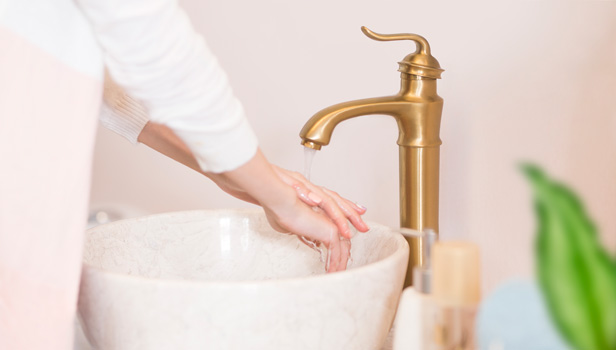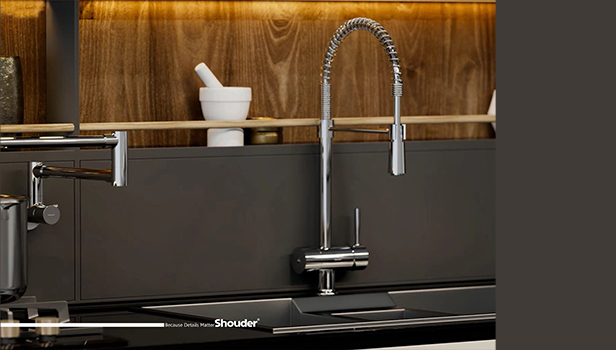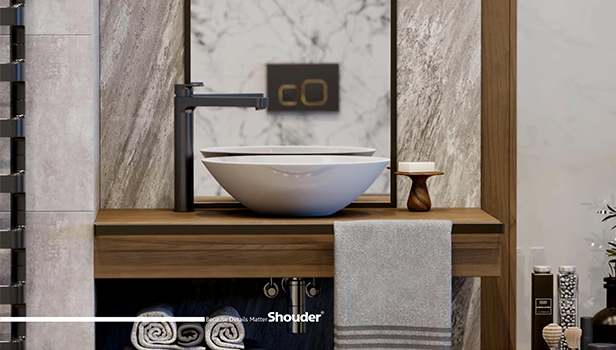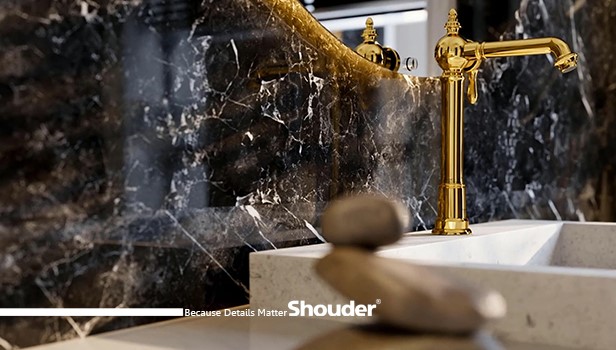Fortunately, there are numerous effective methods to save water. By embracing these practices, we can make a significant impact on our water usage. Not only does reducing our consumption benefit our families and future generations, but it also supports our communities and helps the environment. Interestingly, saving water often doesn’t require expensive gadgets or complicated systems. Simple changes can lead to big savings. For instance, a large portion of household water is used in bathrooms and kitchens. By installing low-flow showerheads and other specialized fixtures, you can effectively manage your water usage without sacrificing comfort.
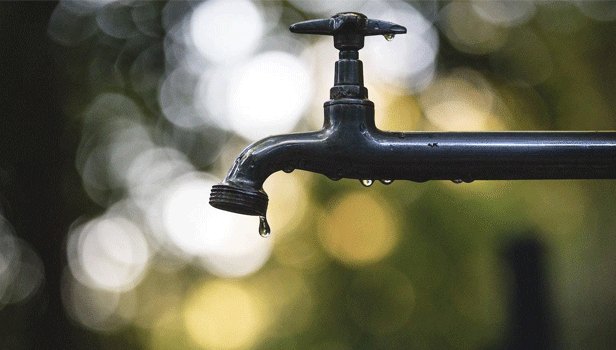
Simple But Effective Ways to Save Water
Inspect Faucets and Fixtures Regularly
Make it a habit to check your faucets, pipes, and fittings regularly. This simple practice can help identify leaks early, preventing unnecessary water loss and making a significant impact on conservation efforts.Mind Your Water Use During Showers
Showering presents a fantastic opportunity to save water. By being mindful of how much water we use, we can drastically reduce consumption. Teaching children these habits early on is essential; it helps them develop a sense of responsibility and turns water conservation into a lifelong practice. While it may seem daunting to instill these values in kids, it’s a crucial step toward building a sustainable future.Mind Your Water Use While Brushing Your Teeth
One important aspect of teaching children about water conservation is using water wisely during brushing. Leaving the tap running while brushing can waste a significant amount of water. Instead, you can use a glass of water to rinse, ensuring your teeth are clean while preventing waste.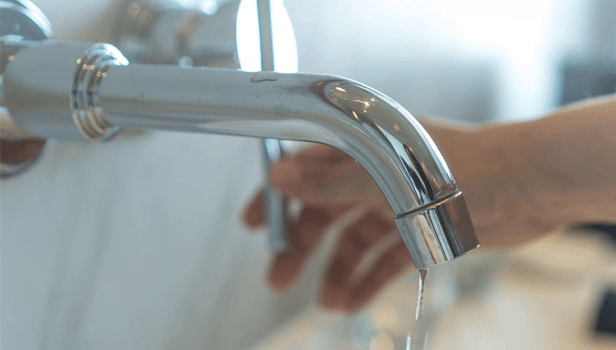
Mind Your Water Use When Washing Dishes and Doing Laundry
If you wash dishes or clothes by hand, be sure not to leave the tap running throughout the process. If you use a washing machine, fill it to capacity before running a cycle. Additionally, use a cloth to wipe dishes before placing them in the dishwasher. It’s worth noting that rinsing dishes before loading them into the dishwasher is unnecessary and should be avoided.How to Use Water for Cleaning?
Many people rely on drinking water to clean their yards, terraces, staircases, and rooftops. A simple way to conserve water is by swapping out hoses for tools like mops, brooms, and cloths. Instead of washing your car with a hose, consider using a cloth and a bucket of water. When teaching children about water conservation, it’s crucial to set a good example by not wasting water yourself, as this can diminish the impact of your lessons.What to Consider When Watering Plants?
Water conservation is vital when it comes to watering plants. It’s advisable not to use drinking water for this purpose and to avoid overwatering without care. Leftover water from washing fruits and vegetables can be repurposed for irrigation, and it’s best to follow a watering schedule. Be careful not to use water that contains detergents, as overwatering is a common cause of plant damage.The treated, drinkable fresh water we consume today demands considerable time, energy, and cost to produce. Additionally, this valuable resource is not readily available to everyone worldwide, making water conservation an essential practice. A significant amount of drinking water is wasted in our homes due to careless habits—whether it's while washing dishes, brushing teeth, or using faulty faucets.
By focusing on small details, we can effectively prevent the wastage of treated water, BECAUSE DETAILS MATTER!
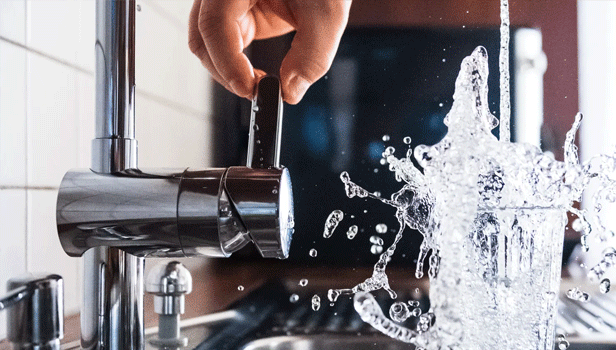
How to Prevent Water Waste in the Era of COVID-19?
As the world faces the challenges of the COVID-19 pandemic, the importance of water for hygiene and cleanliness has come into sharp focus. We’re more aware than ever of water’s value, yet this critical period could also lead to increased waste if we’re not mindful.The World Health Organization advises washing hands for 20 to 40 seconds—an essential practice to keep us safe. However, keeping the tap running during this time can result in significant water loss.
A smart solution to this dilemma is the installation of automatic sensor faucets. These innovative fixtures ensure that water flows only when necessary, effectively curbing waste and promoting conservation without compromising hygiene. By making this simple switch, you can contribute to saving our precious water resources while prioritizing health and cleanliness during these unprecedented times.
Fix or Replace Leaky Faucets
Did you know that faulty faucets are a major contributor to the waste of treated water? Issues like outdated fixtures, poor quality, or improper installation can lead to leaks. Investing in high-quality faucets is a great first step toward preventing water waste.If you have a leaky faucet at home, it could be wasting around 7 liters of water every single day. That’s why addressing and repairing these leaks is more crucial than you might realize.
One key component in quality faucets that helps prevent water waste is the cartridge. This part not only stops drips but also regulates the water flow and ensures the faucet lever operates smoothly. To dive deeper into how cartridges function and their benefits, check out our article on "What is a Cartridge?"
Moreover, high-quality faucets can also help manage water consumption. For example, installing an aerator at the faucet's spout can lead to savings of up to 40% on water usage. To understand how aerators work and how they can effortlessly reduce your water consumption, take a look at our article on aerators.
Mind Your Water Use When During Daily Activities
We all rely on water throughout the day, often without realizing just how essential it is to our lives. This lack of awareness can lead to careless water usage during everyday tasks like showering, brushing our teeth, and washing dishes. To combat water waste at home, consider using low-flow showerheads, which can significantly reduce water consumption. Additionally, ensuring that bathroom fixtures are of high quality can help save water effectively.Tips for Preventing Water Waste
- Educate Children: Teach kids the importance of water and how to prevent waste from a young age.
- Monitor Shower Time: Keep an eye on how long you spend in the shower.
- Turn Off the Tap: Don’t leave the water running while washing dishes, hands, or brushing your teeth.
- Check for Leaks: Regularly inspect faucets and connections for leaks or damage.
- Use Water-Saving Devices: Equip all faucets with water-saving tools or choose fixtures that come with these features.
- Avoid Using Drinking Water for Thawing: Don’t use drinking water to defrost food.
- Use Ice for Cold Water: Instead of running the tap for cold water, use ice or cold water from the fridge.
- By adopting these practices, we can all contribute to conserving this vital resource!


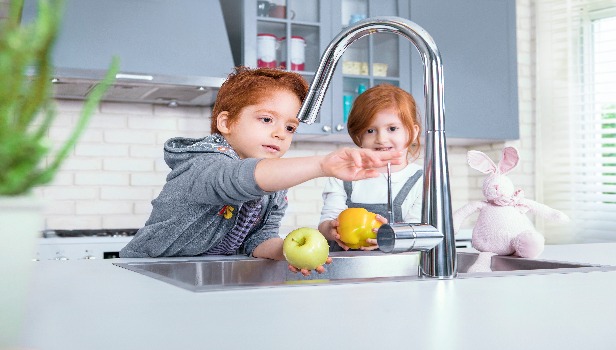
.jpg)
